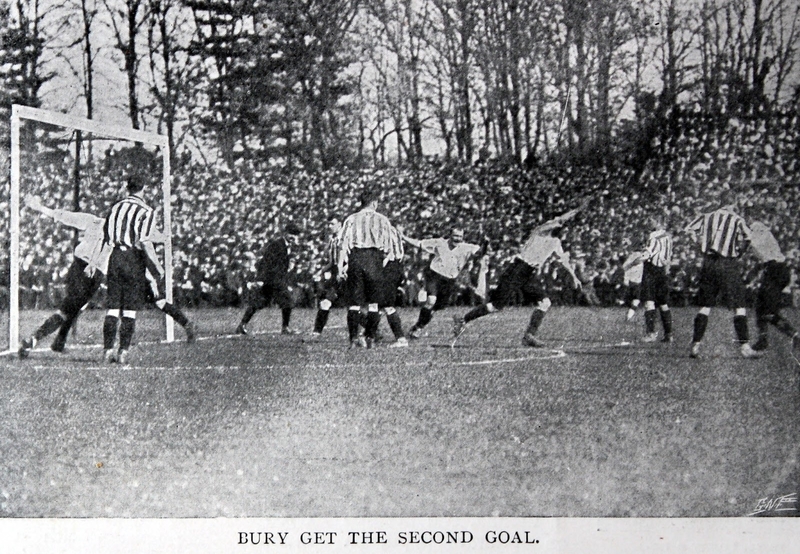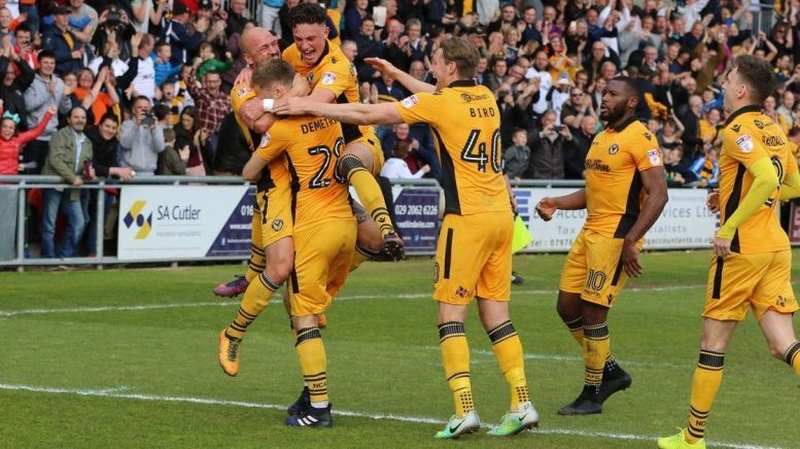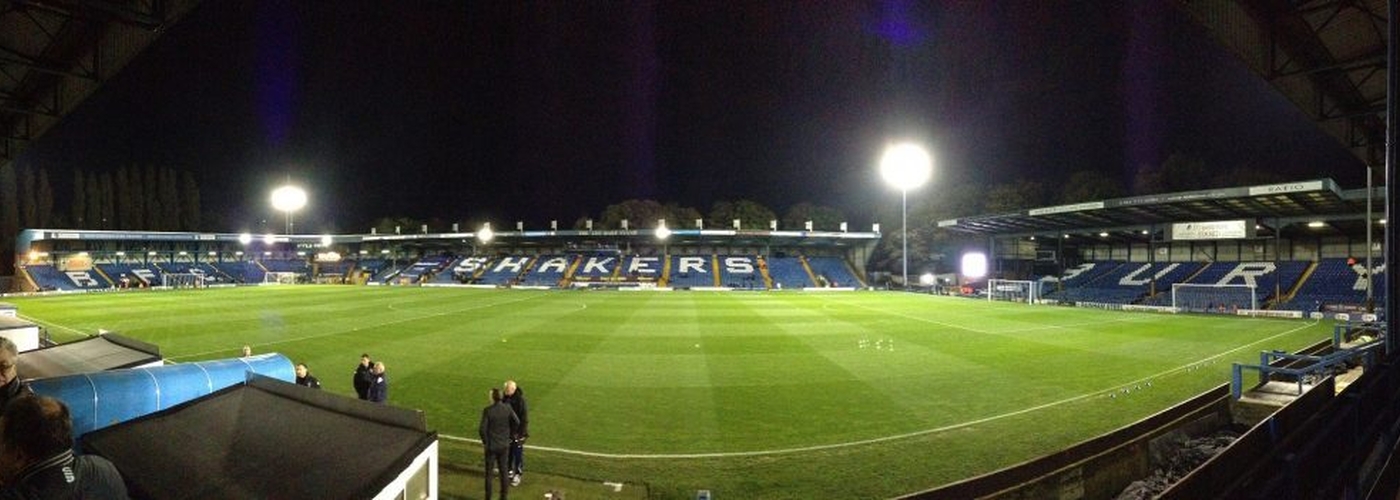Jonathan Schofield on the tragedy happening in Greater Manchester football
Ten years ago Lancashire ruled the football roost. Within the old county boundaries, including Greater Manchester (GM) and Merseyside, we had eight teams in the 2009/2010 Premier League: United, City, Liverpool, Everton, Blackpool, Blackburn, Wigan and Bolton Wanderers. London had five teams. The south coast had none.
Meanwhile, back then, Bury were solidly in League Two.
The only crumb of comfort for Bury is that teams do come back, communities fight for them
Now, the power has shifted. Increasingly it appears, smallish southern teams have gained or regained entry into the Premier League such as Bournemouth, Southampton, Brighton and Watford. The North West premier presence has retreated back to the four city clubs.
Bolton Wanderers are on the brink of failure while across the lower divisions, clubs are in trouble. Bury have failed and been expelled from the English Football League (EFL). They become the first FA Cup winners to ever suffer this ignominy, albeit they won the FA Cup in 1900 and 1903.

You might say football clubs have always been like that. They are fickle beasts, not really businesses in the way most businesses exist. There’s too much ego, bombast, pride and the inevitable short-termism of trying to win something every nine/ten months of each year or else. It's hard to think of another business that, as soon as it's had six or seven bad week, sacks the manager and then employs another manager who has been sacked three or four times before. How many businesses exist so frequently in debt as football clubs?
The truth it’s amazing more clubs don’t go out of business. In Bury's case, EFL boss Debbie Jevans said the league had concluded "after a long and detailed discussion" that they had no other choice than to withdraw Bury's EFL membership, "with enormous regret".
"No-one wanted to be in this position,” said Jevans, “but following repeated missed deadlines, the suspension of five league fixtures, in addition to not receiving the evidence we required in regard to financial commitments and a possible takeover not materialising; the EFL board has been forced to take the most difficult of decisions.”
Given the financial regulations governing the running of clubs, surely even the most devout Bury supporter raised an eyebrow at Steve Dale buying the club late last year for £1 and initially asking £2m for it despite a huge number of unpaid debts. Dale with his big grey/white beard certainly hasn't turned out to be Father Christmas, nor did the previous owners.

The expulsion of Bury hits the employees and the fans very hard. Bury North MP James Frith told Radio 5: “I’m angry. My head is in my hands. I feel Bury is the victim… and those left to pick up the pieces are the town and the community. Yes we will rise again and keep the faith but we shouldn't be at this point. We have to make this a moment in time for lower league football. We are just the latest victim of this. I have had clubs speak to me who are a default payment on a mortgage away from this."
He spoke about how hard it would hit the town, others of how it would rip the soul from the Bury. The tears of those fans were genuine, and you had to feel for them. In some cases, three generations of families were left bereft. It will be the same all over again if Bolton Wanderers are expelled in a couple of weeks.
Yet the those fans only represent a tiny minority of the town. More money might have been generated to save the club if last year the football fans who live in Bury had supported the club. Looking at last year’s promotion winning team, aside from the odd derby with Oldham for example, the attendance hovered around 4,000. The population of Bury is almost 190,000. It’s a safe bet that more Bury residents tootled down the road to City and United then found their way to the sweet home Bury FC, Gigg Lane.

Football clubs are almost encouraged to live beyond their means on a magical, unattainable march to the Premier League where untold riches await. Every promotion hints at more cash potential. Yet it’s mostly a mirage, especially in areas hit hard by the disappearance of traditional industry, lower wages relatively, and the vanishing of locally based national and international companies that might sponsor teams. In those places clubs must budget, Rochdale FC are a fine example of this.
Otherwise in GM and Merseyside it’s tempting to compare the decline of town centres, and a broader sense of pride and identity with the smaller dormitory towns, with the rise and rise of Manchester and Liverpool city centres. Whether it's with football, urban development or economic activity, the investment seems to all lie in the cities. One of Andy Burnham’s Greater Manchester mayoral objectives was to reverse that. He’ll have his work cut out, GM framework or not.

It’s a curious thing that, ten years on from those heady days of eight Premier League teams, Blackpool have been in permanent crisis, Blackburn and Wigan on and off in the same boat while Bolton are in meltdown. Southern English football teams have taken their place in the Premier League, is it just coincidence that the south is more prosperous?
The only crumb of comfort for Bury is that teams do return, that communities fight for them. Their demise seems to galvanise people to action. The best example is not the last team that was expelled from the league, Maidstone, in 1992, but the one before that, Newport County in South Wales. They went out of business in 1989, reformed the following year and fought their way back, with immensely loyal support and good management, into League Two. They took Tottenham Hotspur to an FA Cup reply last season and their rags to riches story has made them media darlings.
It’s small comfort now, but Newport’s story reveals hope. Bury FC's nickname might be 'the shakers' but their club badge says 'Vincit omne industria'. If my dodgy Latin translates this correctly, it means 'work conquers all'. When the dust settles from the expulsion, maybe the fans can roll their sleeves up and get Gigg Lane singing again.














